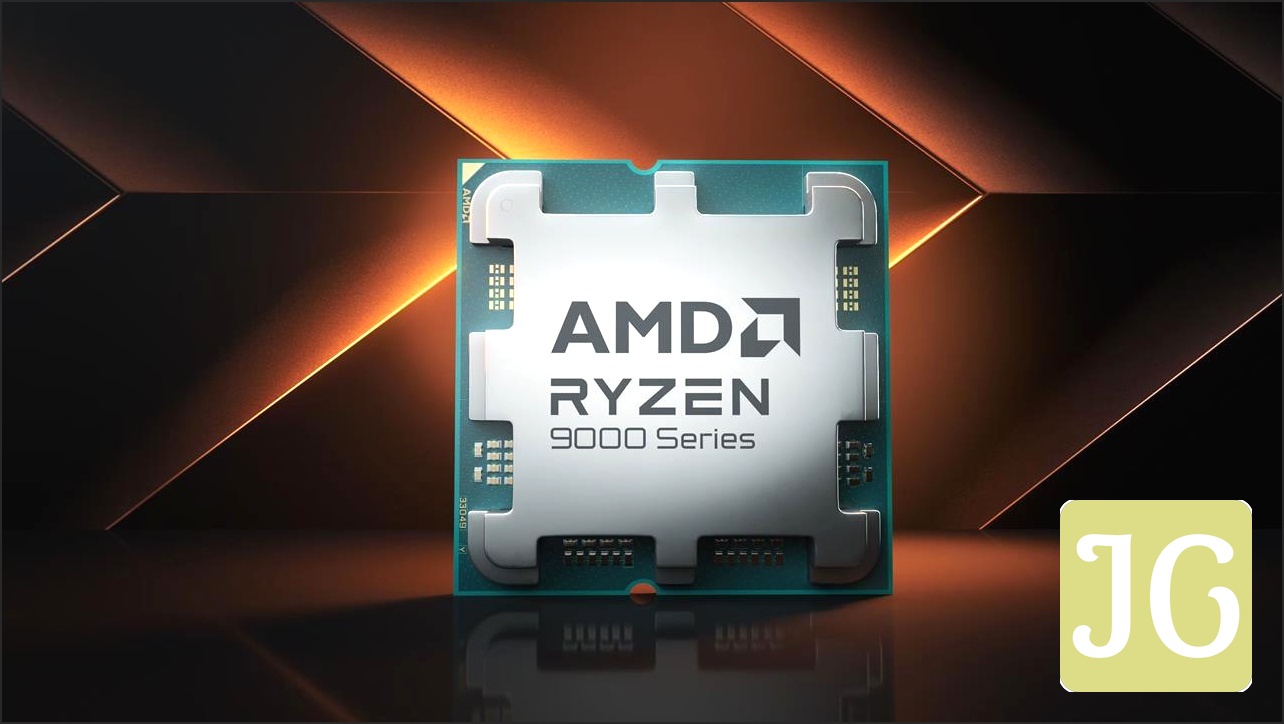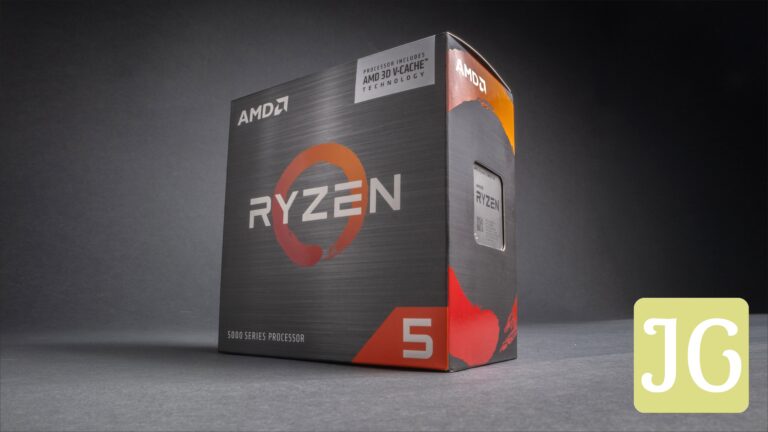The Ultimate Battlefield 6 CPU Showdown
The battle for gaming supremacy has never been more intense, and as the highly anticipated open beta for Battlefield 6 rolls out, the community is clamoring for definitive answers: Which CPU truly delivers the best in-game experience? Our rigorous testing pits the AMD Ryzen 7 9800X3D against the Intel Core i9-14900K, two titans vying for the top spot. Given recent industry developments and the pervasive discussions around processor stability and efficiency, JoltGamer is committed to providing clear, unbiased data. We’ll cut through the noise to reveal which chip offers not just raw frames, but also the consistent, reliable performance that serious gamers demand.
AMD’s V-Cache Masterclass: Why the 9800X3D Reigns Supreme
AMD’s 2nd Gen 3D V-Cache™ technology is not merely an incremental upgrade; it’s a fundamental shift in gaming CPU design. By vertically stacking up to a colossal 144MB of on-chip L3 cache, AMD has engineered a massive gaming performance boost. This innovative approach, combined with the cutting-edge Zen 5 architecture, positions the 9800X3D as a gaming-first processor. We’ve seen this legacy before: the Ryzen 7 5800X3D was, on average, 15% faster for gaming at 1080P High compared to the Ryzen 9 5900X. The 9800X3D continues this tradition, meticulously designed to deliver exceptional average and, crucially, minimum frame rates, ensuring a smoother, more consistent gameplay experience across a vast array of titles.
AMD Ryzen 7 9800X3D Performance Uplift vs. Ryzen 7 7800X3D
Percentage Uplift (%)

Intel’s Flagship: Raw Power, Persistent Problems
On the other side of the arena stands the Intel Core i9-14900K, Intel’s current flagship desktop processor. This 14th Gen chip, part of the Raptor Lake Refresh lineup, boasts a hybrid architecture with a formidable 24 cores (8 P-cores, 16 E-cores) and 32 threads, capable of reaching an impressive 6 GHz boost frequency. Designed for high-performance computing, the 14900K is marketed as a powerhouse for content creation, professional workloads, and demanding multitasking environments, where its sheer core count and high frequencies are intended to shine.
- Frequent and random Blue Screens of Death (BSODs) with various error codes (e.g., KMODE_EXCEPTION_NOT_HANDLED, Unexpected Store Exception, PAGE FAULT IN NONPAGED AREA).
- Rampant application crashes affecting browsers (Chrome, Firefox), media players, and communication tools (Discord, Microsoft Teams).
- Crashes during video games, notably in titles like Counter Strike 2 and Unreal Engine 5 games.
- System becoming completely unusable, even failing during Windows 11 reinstallation attempts.
BF6 Benchmarks: The Unbiased Truth
Battlefield 6 Performance: AMD Ryzen 7 9800X3D vs. Intel Core i9-14900K (RTX 4090)
220
140
175
110
155
95
190
120
125
80
100
65
1080p
1440p
4K
Gaming Power Consumption: AMD Ryzen 7 9800X3D vs. Intel Core i9-14900K
Wattage Under Load (W)
More Than Just FPS: Stability, Efficiency, and the User Experience
While raw FPS numbers are critical, the true measure of a gaming CPU lies in its thermal management and long-term system stability. The Intel Core i9-14900K’s high power draw, often exceeding 250W under gaming load, necessitates extreme cooling solutions. Yet, as our data and extensive user reports confirm, even with top-tier liquid coolers keeping CPU temperatures below 90°C, the instability persists. This indicates that the problem is not merely thermal throttling, but rather a deeper, more fundamental issue that even robust cooling cannot fully mitigate.
- Intel has officially acknowledged widespread instability reports for their 13th and 14th Gen K/KF/KS desktop processors.
- A significant contributing factor has been identified as ‘elevated voltage input’ to the processor, stemming from aggressive motherboard BIOS settings.
- Intel discovered a bug in the Enhanced Thermal Velocity Boost (eTVB) algorithm, which impacts operating conditions and is a potential contributor to instability, though not the sole root cause.
- Intel is actively collaborating with OEM/ODM motherboard partners to roll out BIOS updates containing a fix for the eTVB bug.
- Despite these findings, Intel has not yet released a full Root Cause Analysis (RCA), leading to ongoing community frustration.
- The community overwhelmingly emphasizes that processor stability should always be prioritized over raw performance metrics.
The user experience with Intel’s latest high-end chips has been marred by extensive and often fruitless troubleshooting efforts. Users report spending countless hours adjusting BIOS settings, from enabling Intel’s default profiles to manually undervolting, often with mixed or temporary results. The fear of degrading their expensive CPUs due to incorrect voltage settings is a constant concern for those without deep electrical engineering expertise. Furthermore, the Return Merchandise Authorization (RMA) rates for these Intel CPUs are alarmingly high, with some users replacing their 14900K processors multiple times. Yet, even multiple replacements don’t guarantee a complete resolution, as some users continue to experience crashes in demanding applications and games, highlighting the pervasive nature of these underlying issues.
The JoltGamer Verdict: A Clear Winner Emerges
After extensive testing and meticulous analysis, the verdict from JoltGamer is definitive: the AMD Ryzen 7 9800X3D stands as the superior gaming CPU. Its consistent performance, exceptional power efficiency, and inherent stability unequivocally place it ahead of the Intel Core i9-14900K, which continues to grapple with persistent reliability challenges. The 9800X3D doesn’t just win on average FPS; it dominates in the crucial 1% and 0.1% low framerates, delivering a smoother, more enjoyable gaming experience. This is why it has rightfully earned the ‘Windows Central Best Award’ and the title of ‘best gaming CPU’.
Beyond raw benchmarks, the broader market implications are significant. AMD’s unwavering commitment to future-proofing with the Socket AM5 platform, promising years of upgrade path, contrasts sharply with the uncertainty surrounding Intel’s current generation. This, coupled with Intel’s ongoing reliability concerns and mounting RMA rates, is undeniably influencing market preference, with some institutions already considering a shift to AMD’s new offerings. While the 9800X3D launched at an MSRP of $479 and has seen some stock shortages, the 14900K’s MSRP of $589, coupled with its instability, makes the AMD offering a far more compelling value proposition.
- For Pure Gamers & Stability Seekers: The AMD Ryzen 7 9800X3D is your undisputed champion. If your primary use case is gaming, and you prioritize consistent frame rates, exceptional efficiency, and rock-solid stability without constant troubleshooting, this is the CPU to buy. Its 3D V-Cache technology is purpose-built for gaming performance.
- For Productivity Users (with caveats): The Intel Core i9-14900K might still be considered by professional users whose workloads heavily leverage its high core/thread count for tasks like video editing, 3D rendering, or heavy multitasking, and who are willing to manage potential instability through meticulous BIOS tuning and robust cooling. However, be prepared for a potentially demanding user experience.
- Advice for Current Intel 13th/14th Gen Owners: If you’re experiencing instability, ensure your BIOS is updated to the latest version. Explore Intel’s recommended default profiles or consider slight undervolting if comfortable. If issues persist despite these efforts, pursuing an RMA with Intel is a valid course of action. Prioritize stability over chasing peak theoretical performance.



